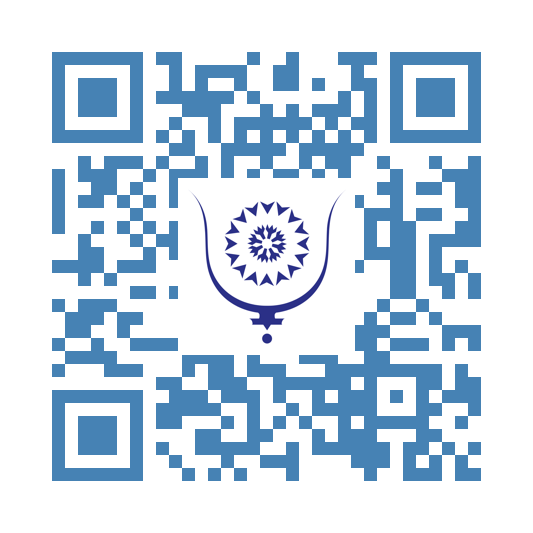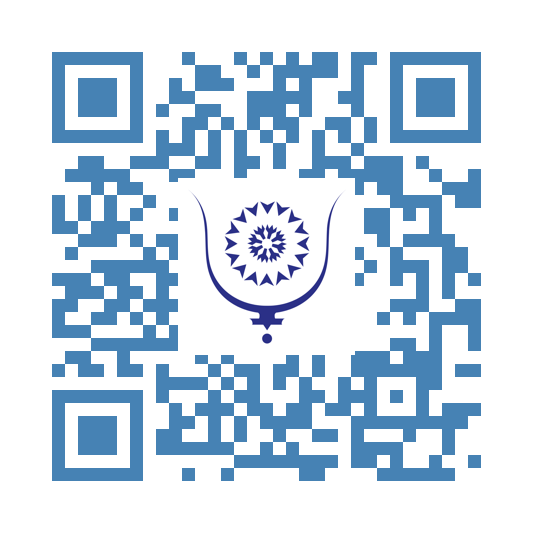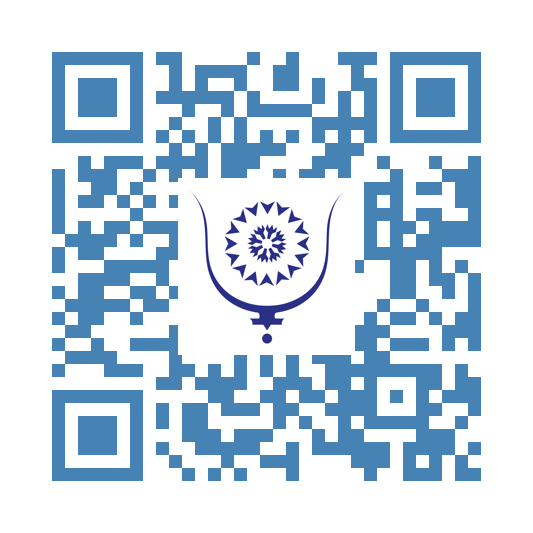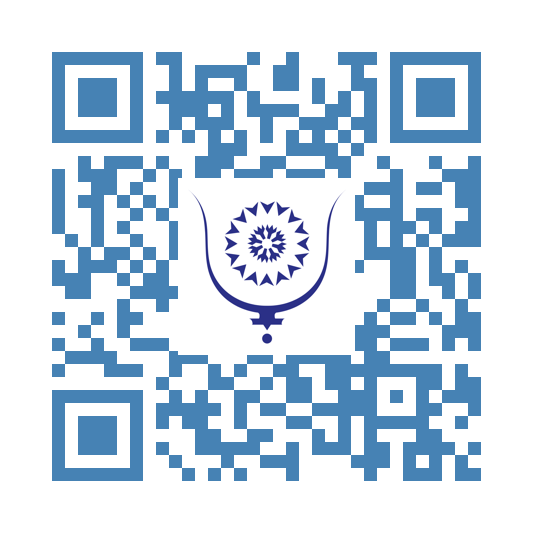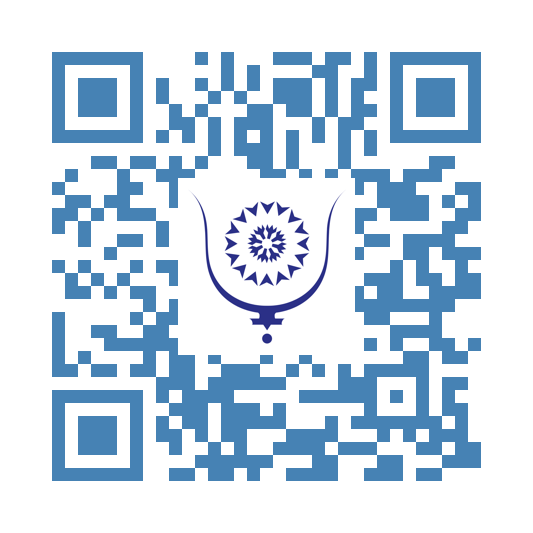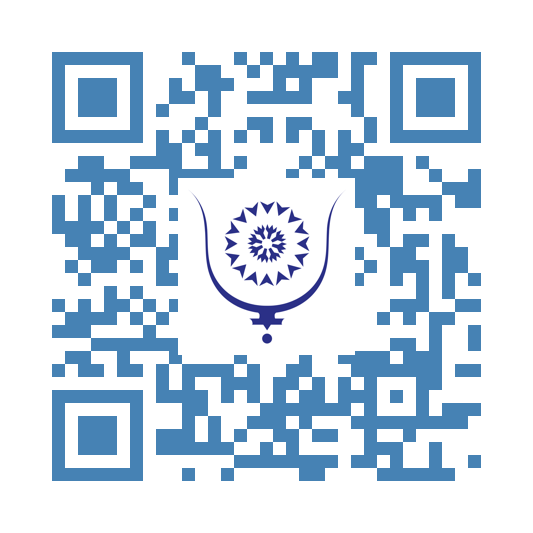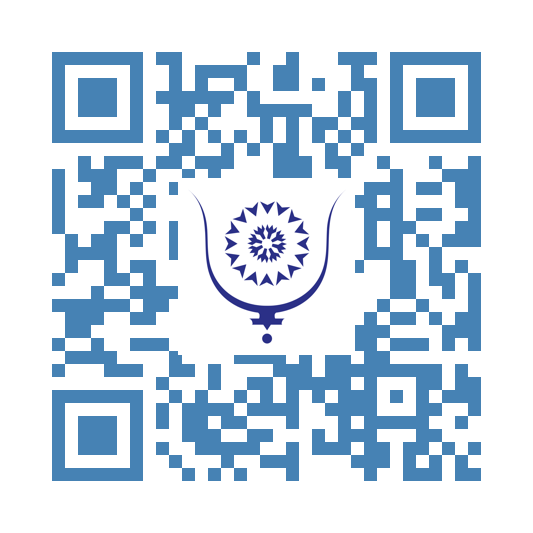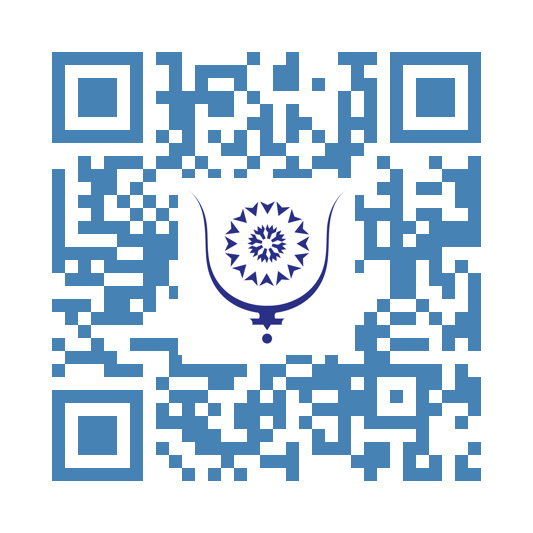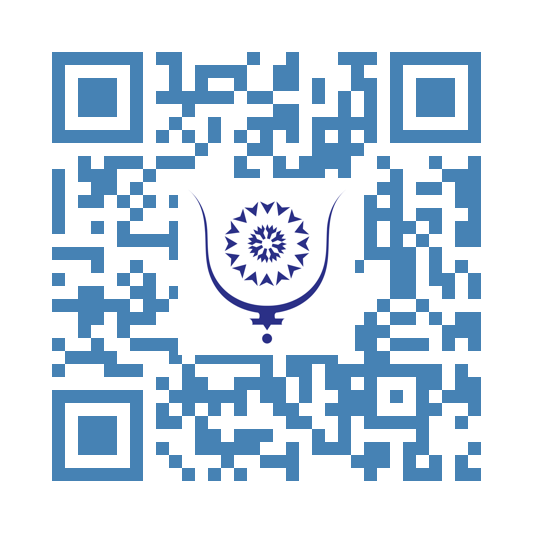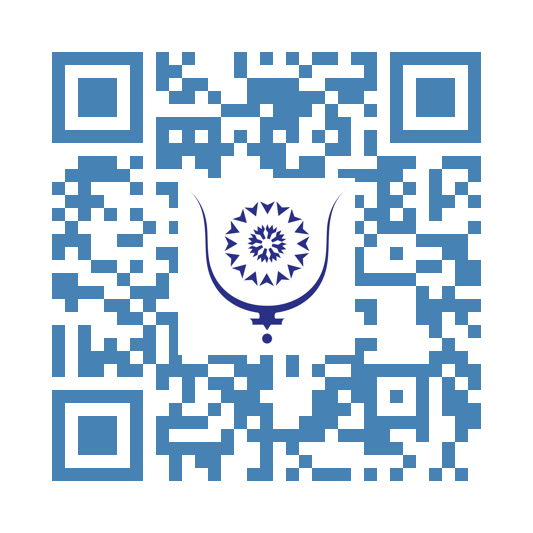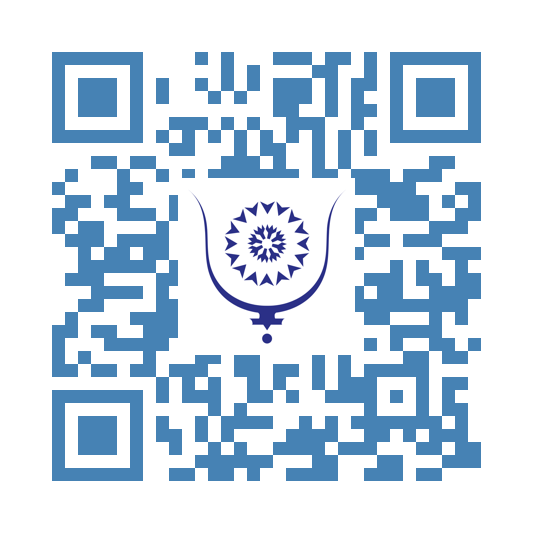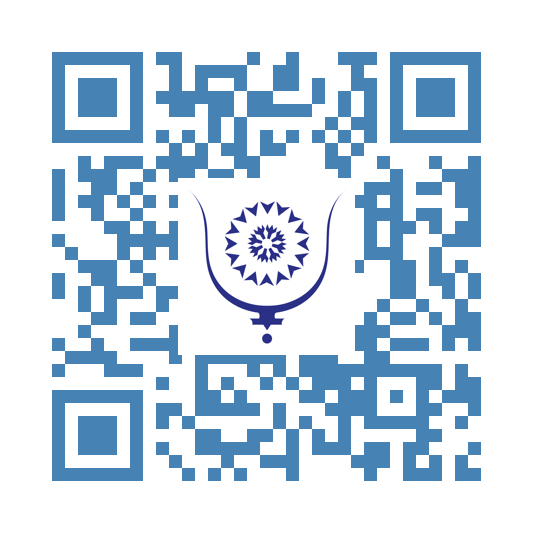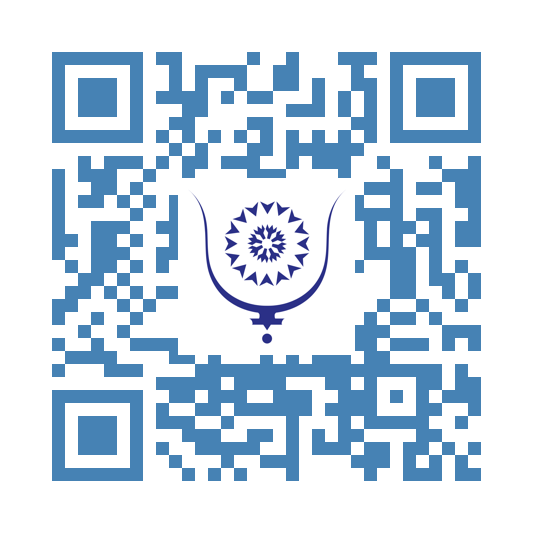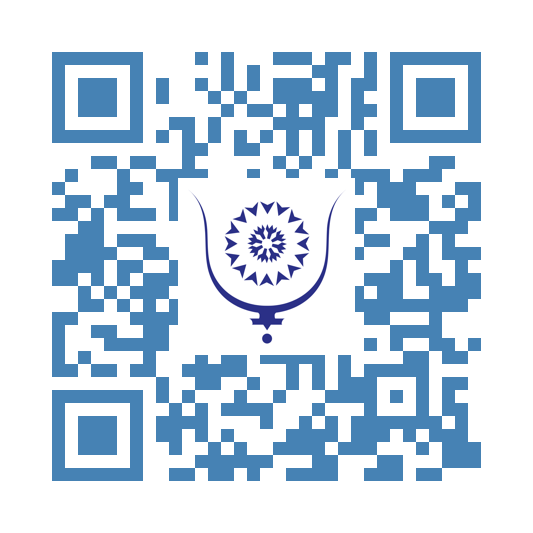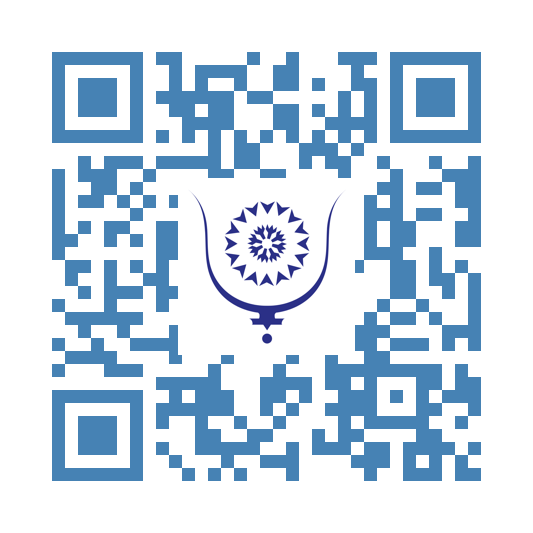How Writing on Bluwr Improved My Memory and Mental Health 4990
Six months ago, I began a daily writing habit on Bluwr, a platform that greatly simplifies the publication process while promoting direct interaction between its users. This commitment to sharing my AI and venom research in understandable terms has sharpened my thinking and significantly alleviated the mental pressures of my academic pursuits. Bluwr’s design for quick and direct feedback from a global audience enriches the experience, providing rapid and meaningful exchanges that enhance the interactive aspect of writing.
Writing every day on Bluwr has leveraged SEO to enhance the visibility of my work. By optimizing content for search engines, Bluwr ensures that my articles reach not just the academic community but also enthusiasts and professionals interested in AI and venom studies. This wider exposure increases the impact of my research and invites a broader spectrum of feedback, enriching my work and personal growth.
Bluwr's commitment to fostering a high-quality readership has been incredibly beneficial. As I noted in a recent post, "The engagement from knowledgeable readers around the world who understand and expand on my research is profoundly gratifying." This sentiment was echoed in a conversation I had with the founder of Bluwr, who stated, “Our mission is to break down barriers to knowledge sharing and connect individuals across diverse backgrounds. We aim to catalyze innovation by making it easy for experts and novices alike to exchange ideas freely and without delay.”
This philosophy aligns with my experiences on the platform. The variety of perspectives I encounter has bolstered my professional growth and has also become an integral part of my mental health care strategy. Each article I publish leads to interactions that reinforce my connection to a global community of curious minds. This engagement is crucial for feeling supported and motivated, especially when dealing with the solitary nature of PhD research.
Reflecting on the past six months, my daily writing on Bluwr has been more than just a personal or professional exercise. It has improved my mental clarity, expanded my network, and opened up opportunities for collaborations that I had never anticipated. The platform has allowed me to share my research with a wider audience and has provided a space where I could grow as a scientist and communicator. Daily writing fosters a disciplined approach to research and idea generation, improves memory retention, enhances problem-solving skills, and increases the ability to articulate complex information clearly.
As I continue to write and share my work, I am reminded of the powerful role that writing can play in enhancing understanding, both for myself and for my readers. Writing on Bluwr could turn your passion for writing into a recognized skill that might even become a profitable endeavor in the future.
Always remember to 'THINK FORWARD.'
Start writing on Bluwr today, and see where your words can take you!




